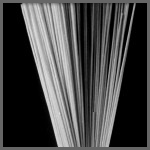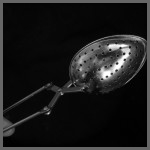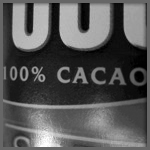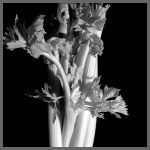True.
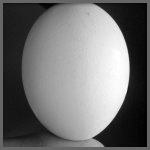 Could losing weight be as easy as increasing the amount of protein you eat? I do a fair amount of reading when it comes to nutrition and have to say it can be very confusing to try and figure out how much protein we should be taking in. If you read bodybuilding and power lifting magazines, it is common to see recommendations that we should be taking in 1 or 2 grams of protein per pound of body weight. On the other hand, many nutritionists and registered dietitians say that we Americans take in more protein than we need. Whether we get too much or not enough protein, the question of whether protein increases our metabolism more than fats or carbohydrates is an interesting one and one that is getting more attention these days. It turns out that protein actually does increase our metabolism more than fat or carbohydrates do. In a review article published in the Journal of the American College of Nutrition, Halton & Hu (2004) examined previous studies that looked at whether protein increased the thermic effect of food, which they described as being the energy required for digestion, absorption, and disposal of ingested nutrients. It is generally accepted that the thermic effect of protein is 20-30%, compared to 5-10% for carbohydrates, and 0-3% for fat. Halton and Hu concluded that “Convincing evidence exists that protein exerts an increased thermic effect when compared to fat and carbohydrate. The increased amount of energy attributable to this thermic effect is probably too small to have a visible effect on weight loss in the short term, but over periods of months or years, this difference may become significant, both clinically and statistically.” So even though your body will burn more calories breaking down and absorbing protein vs. carbohydrates and fats, it is not a tremendous amount and will likely have little impact on weight in the short term.
Could losing weight be as easy as increasing the amount of protein you eat? I do a fair amount of reading when it comes to nutrition and have to say it can be very confusing to try and figure out how much protein we should be taking in. If you read bodybuilding and power lifting magazines, it is common to see recommendations that we should be taking in 1 or 2 grams of protein per pound of body weight. On the other hand, many nutritionists and registered dietitians say that we Americans take in more protein than we need. Whether we get too much or not enough protein, the question of whether protein increases our metabolism more than fats or carbohydrates is an interesting one and one that is getting more attention these days. It turns out that protein actually does increase our metabolism more than fat or carbohydrates do. In a review article published in the Journal of the American College of Nutrition, Halton & Hu (2004) examined previous studies that looked at whether protein increased the thermic effect of food, which they described as being the energy required for digestion, absorption, and disposal of ingested nutrients. It is generally accepted that the thermic effect of protein is 20-30%, compared to 5-10% for carbohydrates, and 0-3% for fat. Halton and Hu concluded that “Convincing evidence exists that protein exerts an increased thermic effect when compared to fat and carbohydrate. The increased amount of energy attributable to this thermic effect is probably too small to have a visible effect on weight loss in the short term, but over periods of months or years, this difference may become significant, both clinically and statistically.” So even though your body will burn more calories breaking down and absorbing protein vs. carbohydrates and fats, it is not a tremendous amount and will likely have little impact on weight in the short term.
Reference:
Halton T, Hu F: The effects of high protein diets on thermogenesis, satiety, and weight loss: A critical review. Journal of the American College of Nutrition (2004), Vol 23, pps. 373-385.

